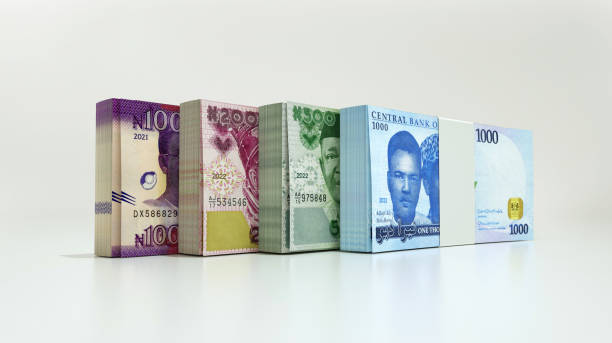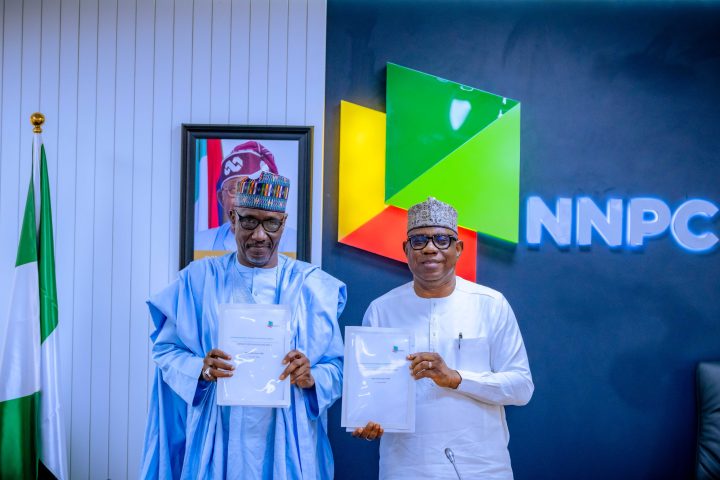OPEC Secretary General, Haitham Al Ghais, has made an urgent call for a $14 trillion investment between 2023 and 2045 in a plea to address the escalating global thirst for oil and energy demands.
This call was made in an address published in the World Oil Outlook 2023. Al Ghais highlighted the pressing need for long-term investment and a prudent, balanced approach to energy transitions.
Join our WhatsApp Channel“In the WOO 2023, investment requirements out to 2045 total $14 trillion, or around $610 billion on average per year. We need a long-term stable investment-friendly climate, one that works for producers and consumers, and we need to move away from the misguided idea of no longer investing in new oil projects,” stated Al Ghais.
READ ALSO: OPEC Envisions Medium-Term Emergence Of Modular Refineries In Nigeria
This pronounced shift in perspective stems from a marked increase in global demand, 116 million barrels a day (mb/d) forecast by 2045, an escalation from the WOO 2022. Notably, over half of this revision arises from OECD countries, signaling an unexpected pivot in their energy policies.
Al Ghais explained, “This is more than six mb/d higher than in the WOO 2022, and there is potential for the level to be even higher. It is interesting to note that almost half of this revision comes from OECD countries, which are up by 2.6 mb/d compared to the WOO 2022. In contrast, previous WOOs had seen slight downward revisions to OECD oil demand in 2045.”
This radical transformation in OECD countries is a direct consequence of evolving energy policies and shifting political priorities. European Union nations, the UK, the US, Australia, and others are reevaluating their net-zero targets, prioritizing energy security and socio-economic development.
READ ALSO: OPEC Projects $14tn Investment Required To Satisfy Surging Oil Demand
The UK’s postponement of the ban on internal combustion engine (ICE) sales and the EU’s relaxation of EURO 7 emission standards exemplify this recalibration, signifying a slower rate of efficiency improvements across regions.
Al Ghais’s clarion call for investment, and the ripple effects of policy adjustments in key countries, underscore the intricate dance between energy transitions, economic priorities, and oil demand in a world navigating unprecedented change.
Emmanuel Ochayi is a journalist. He is a graduate of the University of Lagos, School of first choice and the nations pride. Emmanuel is keen on exploring writing angles in different areas, including Business, climate change, politics, Education, and others.



















Follow Us